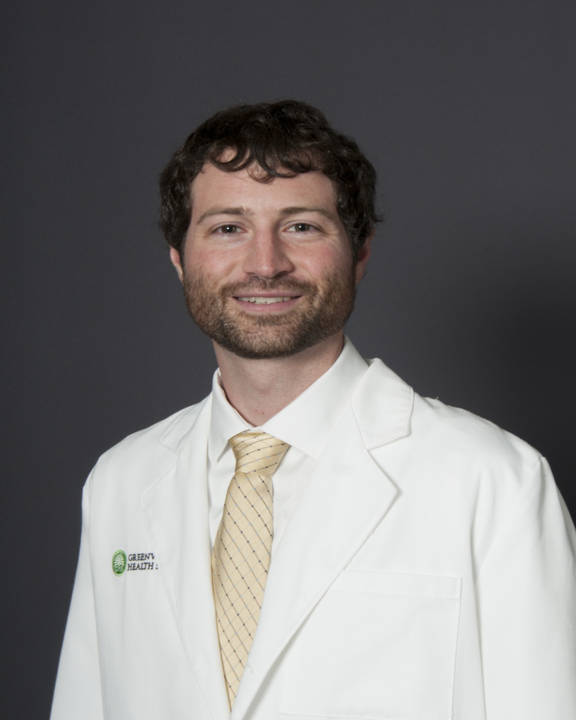About
Dr. Pittman is a practicing emergency physician who serves as Assistant Program Director for the Prisma Health – Upstate Emergency Medicine Residency and Associate Professor of Emergency Medicine at the University of South Carolina School of Medicine – Greenville (USCSOMG).Dr. Pittman is a graduate of Furman University and the University of Virginia School of Medicine. He completed his residency at the MedStar Georgetown / Washington Hospital Center Emergency Medicine Residency, where he also served as chief resident. Since graduating from residency, Dr. Pittman has been active in academic medicine. He served as the Emergency Medicine Clerkship Director at the Georgetown University School of Medicine, USCSOMG Assistant Clerkship Director, USCSOMG team leader for the Integrated Practice of Medicine Clinical Skills course, and the Graduate Medical Education Director of Academic Success for the Prisma Health – Upstate Emergency Medicine Residency. Dr. Pittman has also completed the American College of Emergency Physicians Teaching Fellowship and become a Fellow of the Academy of Wilderness Medicine. Currently, Dr. Pittman is an Assistant Program Director for the Prisma Health – Upstate Emergency Medicine Residency, an instructor for the USCSOMG Integrated Practice of Medicine course, and director of the USCSOMG Wilderness Medicine course. Dr. Pittman also teaches a MayX course at Furman University entitled, the Emergency Department as a Microcosm of Society.
How their research is transforming health care
Emergency physicians have the unique opportunity to interact with society regardless of age, socio-economi cstatus, insurance, acuity, medical condition, and many other factors. This gives a unique lens through which to educate others and ourselves, further research on medical and nonmedical topics, and serve our community. Dr. Pittman’s current research is focused on understanding the psychological constructs underlying both education and resilience. In addition, past research and current interests include social determinants of health, narrative medicine, active learning modalities, wilderness and environmental medicine, simulation, global health, and pediatrics.
Health research keywords
Psychology, Adult Learning Theories, Graduate Medical Education, Undergraduate Medical Education,Undergraduate Education, Social Determinants of Health, Narrative Medicine, Wilderness andEnvironmental Medicine, Active Learning, Simulation, Pediatrics, Resilience, Emergency Medicine, GlobalHealth

